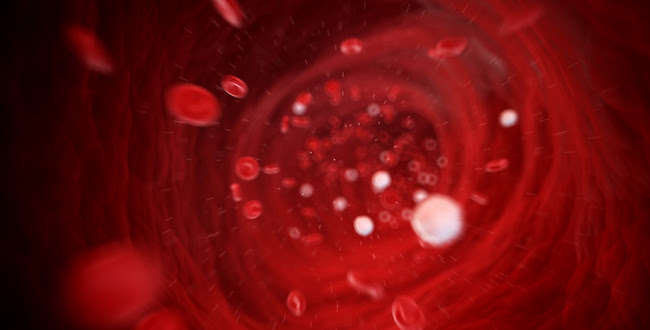Vasculitis
Vasculitis is the umbrella term for nearly 20 rare diseases all associated with inflammation of the blood vessels. This inflammation and damage can restrict blood flow to tissues and result in multi-organ damage.
Types of vasculitis include:
Behcet’s disease, Buerger’s disease (thromboangiitis obliterans), eosinophilic granulomatosis with polyangiitis (EGPA), cryoglobulinemia, giant cell arteritis, Henoch-Schönlein purpura, microscopic polyangiitis, polyarteritis nodosa, polymyalgia rheumatica, rheumatoid vasculitis, Takayasu’s arteritis and granulomatosis with polyangiitis.
Our Approach
LJI Associate Professor Sonia Sharma, Ph.D., investigates the biological basis of vasculitis, with the goal of guiding effective therapies. Dr. Sharma and her colleagues have found that the metabolic enzyme Adenosine Deaminase 2 (ADA2), which is mutated in DADA2 vasculitis, directly controls inflammatory immune responses. This finding opens the door to new treatments for vascular inflammation that could dampen pro-inflammatory immune responses in DADA2 and other similar vasculitis syndromes by correcting the metabolic defect caused by low ADA2 activity.
Sharma’s work is broadly useful for understanding chronic inflammatory conditions where vasculitis is often a key clinical complication.
Learn more:
Related News
- Research News
